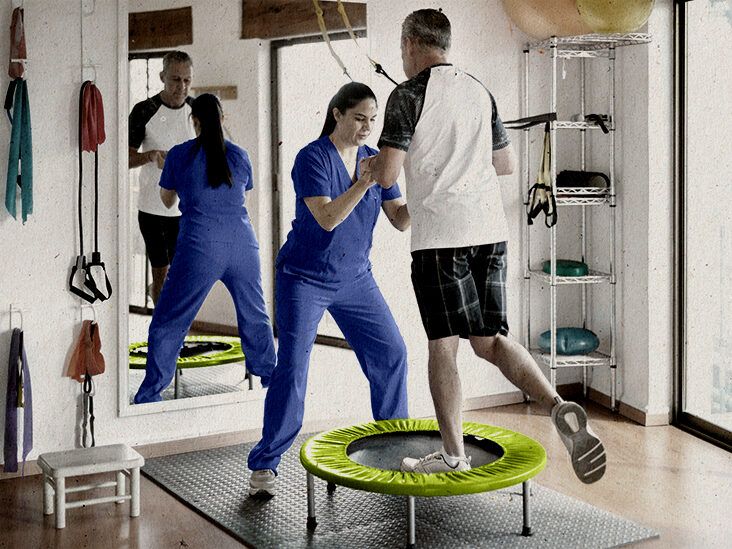Empowering Recovery Through Physiotherapeutic Therapy Post Surgery
Empowering Recovery Through Physiotherapeutic Therapy Post Surgery
Blog Article
Rehabilitating from an operation can be a difficult journey, but physical therapy plays a vital role in assisting individuals regain their power and movement. After surgery, the body needs a period to heal, and physical therapy provides a systematic approach to healing. This method not only focuses on bodily rehabilitation but also emphasizes the significance of emotional well-being. By participating in physical therapy, patients can enable themselves to take control of their healing and improve their overall standard of life.
Rehabilitation after an operation typically starts with an assessment by a licensed physical therapist. This professional evaluates the patient's condition, including their range of movement, strength, and pain levels. Based on this assessment, a personalized treatment plan is created. This plan may include exercises to enhance flexibility, muscle-building to rebuild muscle, and techniques to enhance balance and coordination. The therapist will guide the patient through these exercises, making sure they are executed safely and effectively. This tailored approach helps patients progress at their own pace while addressing their specific needs.
One of the key advantages of physical therapy is pain management. After surgery, many patients experience discomfort or pain, which can hinder their ability to function and engage in daily activities. Physical therapists use various methods, such as hands-on therapy, treatments like heat or ice, and targeted exercises, to help alleviate pain. By controlling pain effectively, patients can engage more completely in their rehabilitation exercises, leading to faster recovery. Additionally, understanding how to manage pain can empower patients to take an engaged role in their recovery process.
Another important aspect of physical therapy is education. Patients are informed about their status, the healing process, and the importance of following to their recovery program. This understanding helps patients understand what to anticipate during healing and the role they have in their own healing. Physical therapists also provide advice on how to adjust daily tasks to prevent further injury and promote healing. This informative component encourages a sense of independence and confidence, allowing patients to feel more empowered of their healing journey.
In conclusion, rehabilitation is an integral component of recovery after over at this website surgery. It not only assists in physical rehabilitation but also supports emotional and emotional well-being. Through personalized treatment plans, discomfort management methods, and educational support, physical therapy enables patients to take charge of their recovery. By proactively engaging in their rehabilitation, individuals can recover their power, enhance their mobility, and enhance their overall standard of life. Accepting physical therapy after an operation can result to a successful and rewarding healing experience.